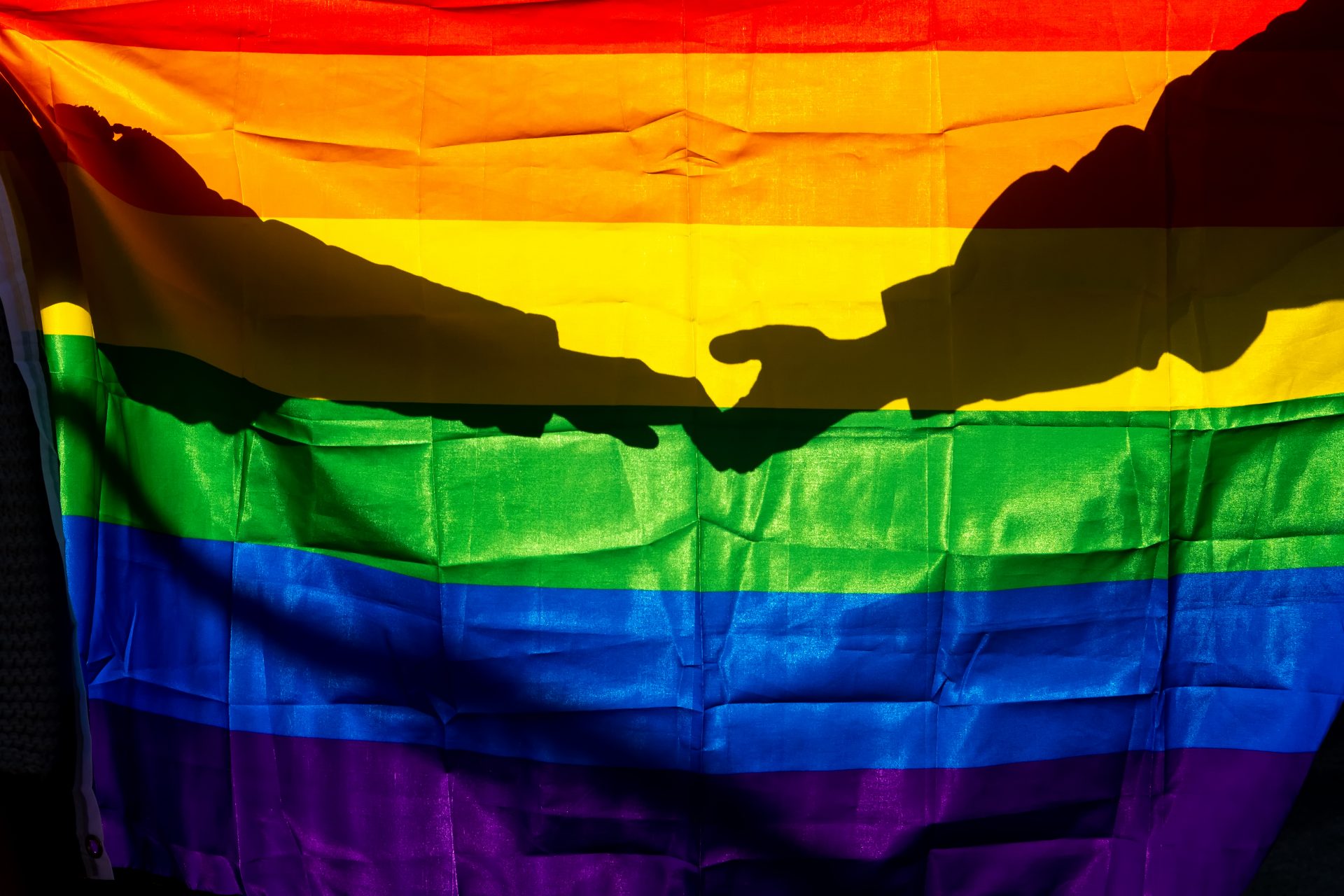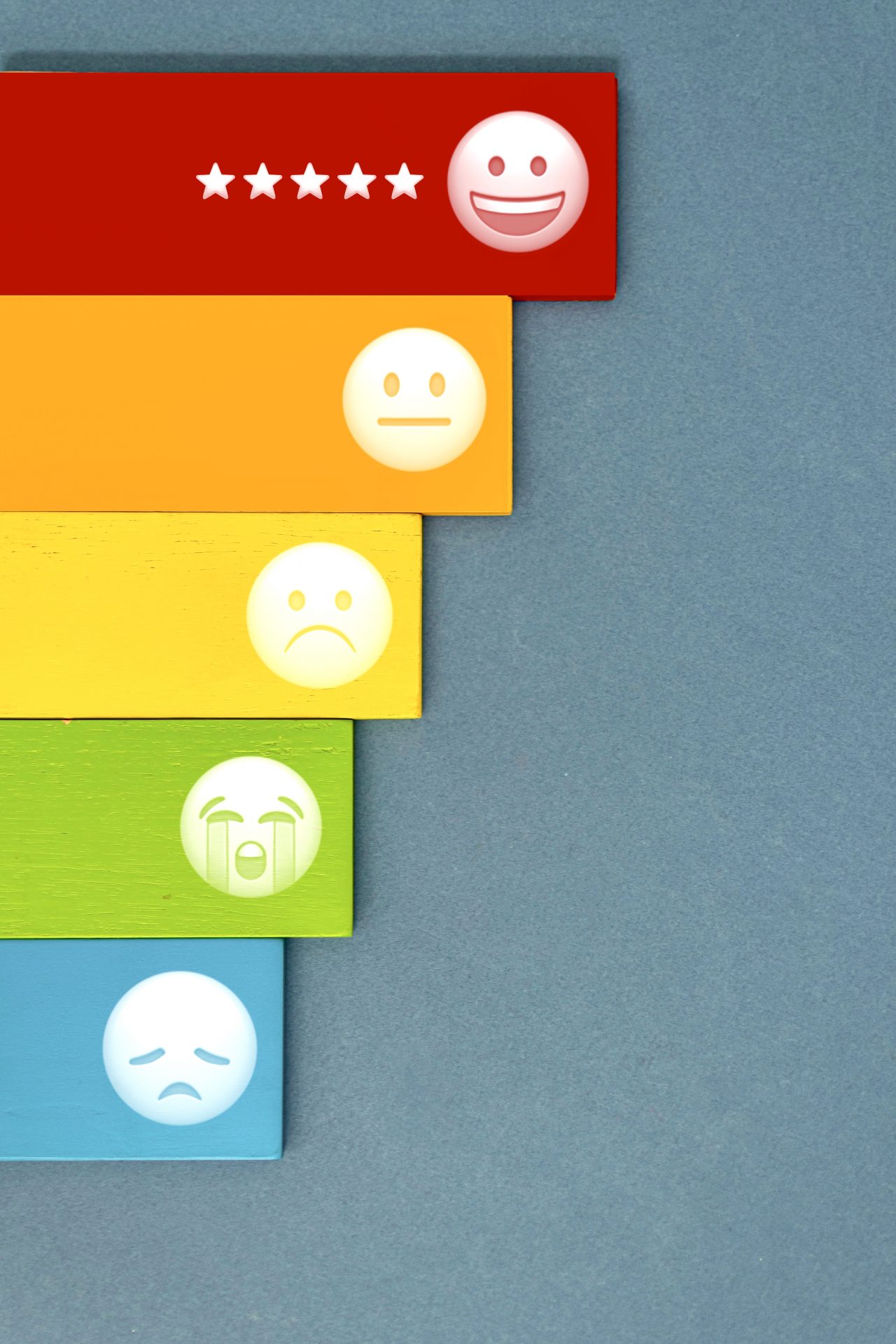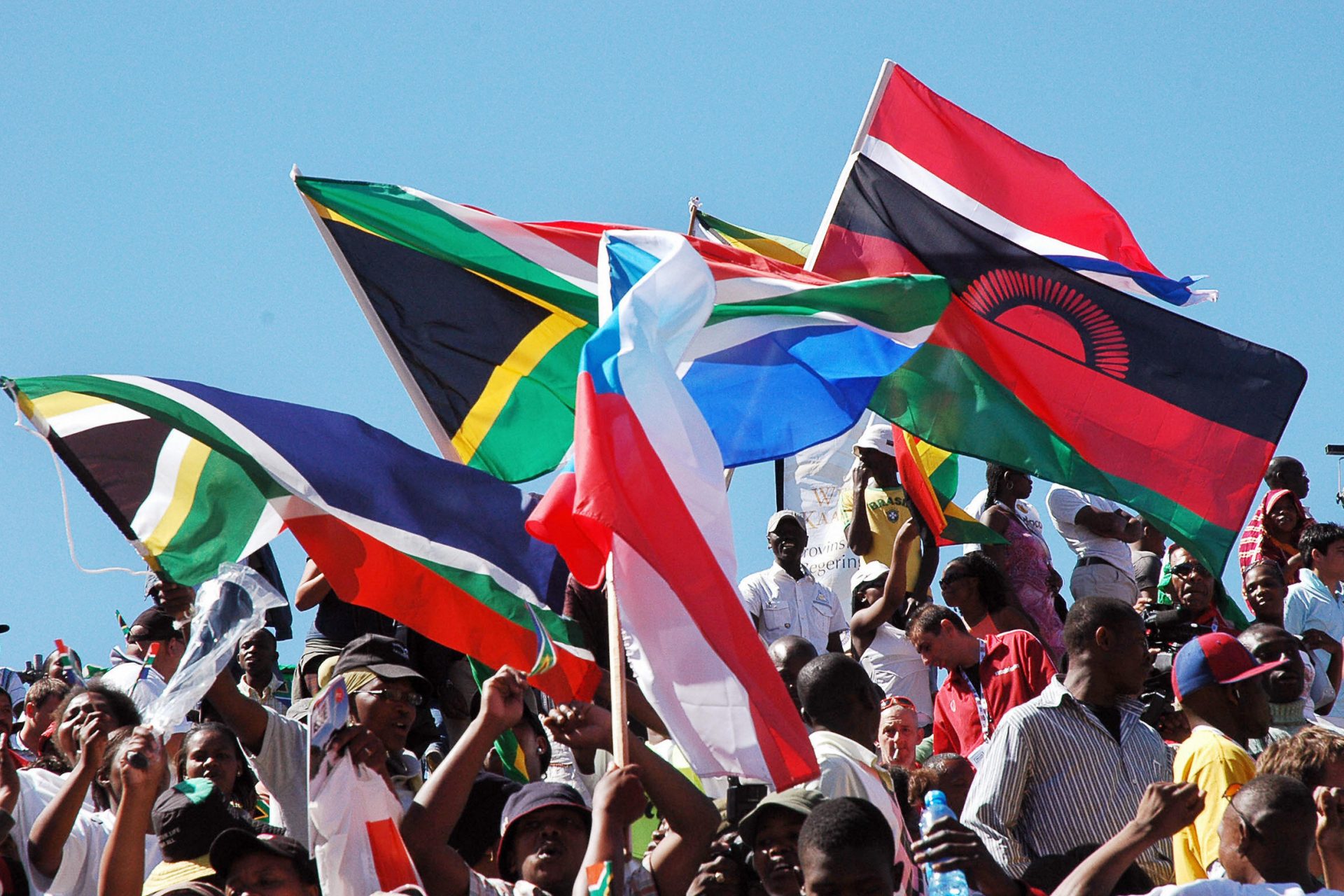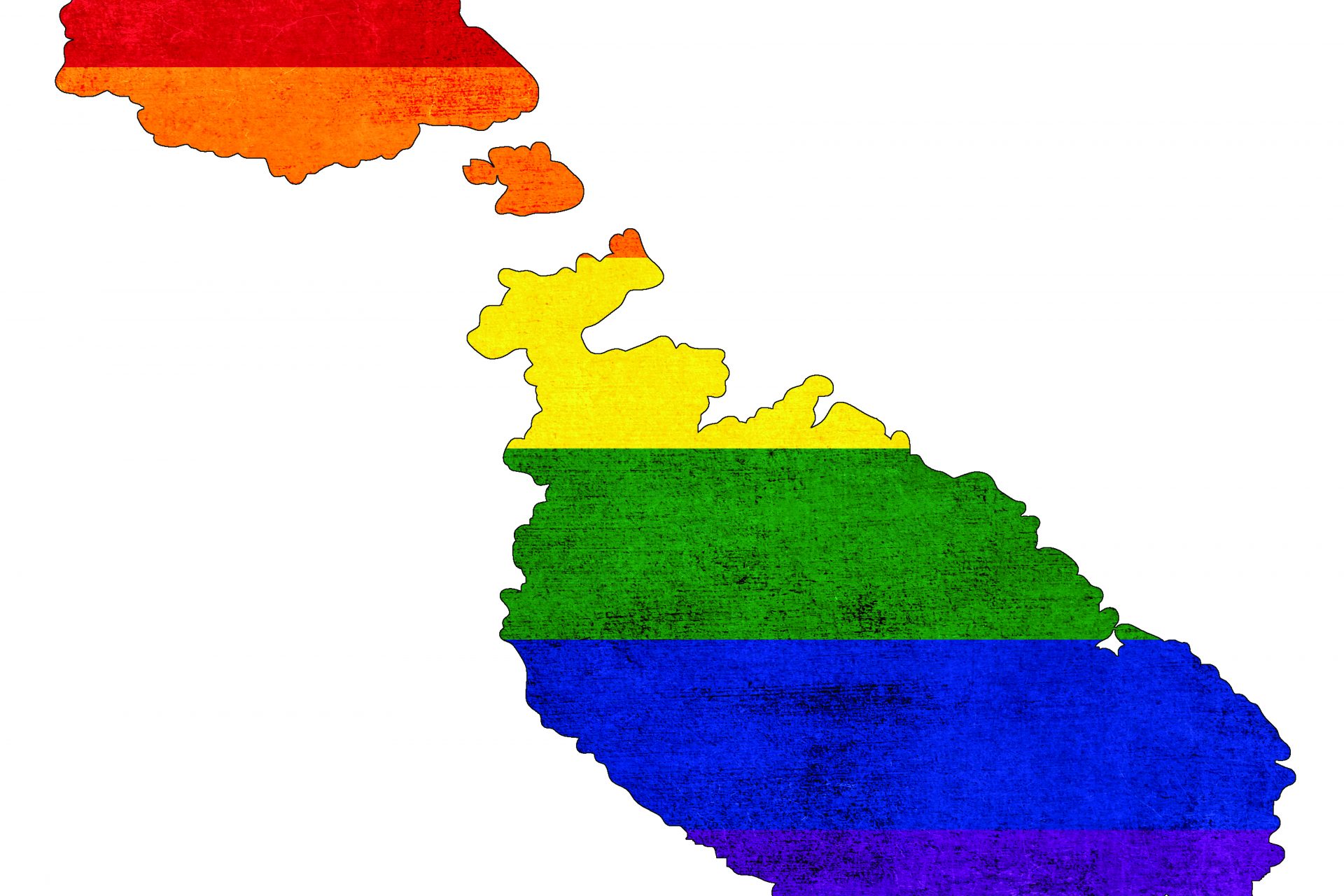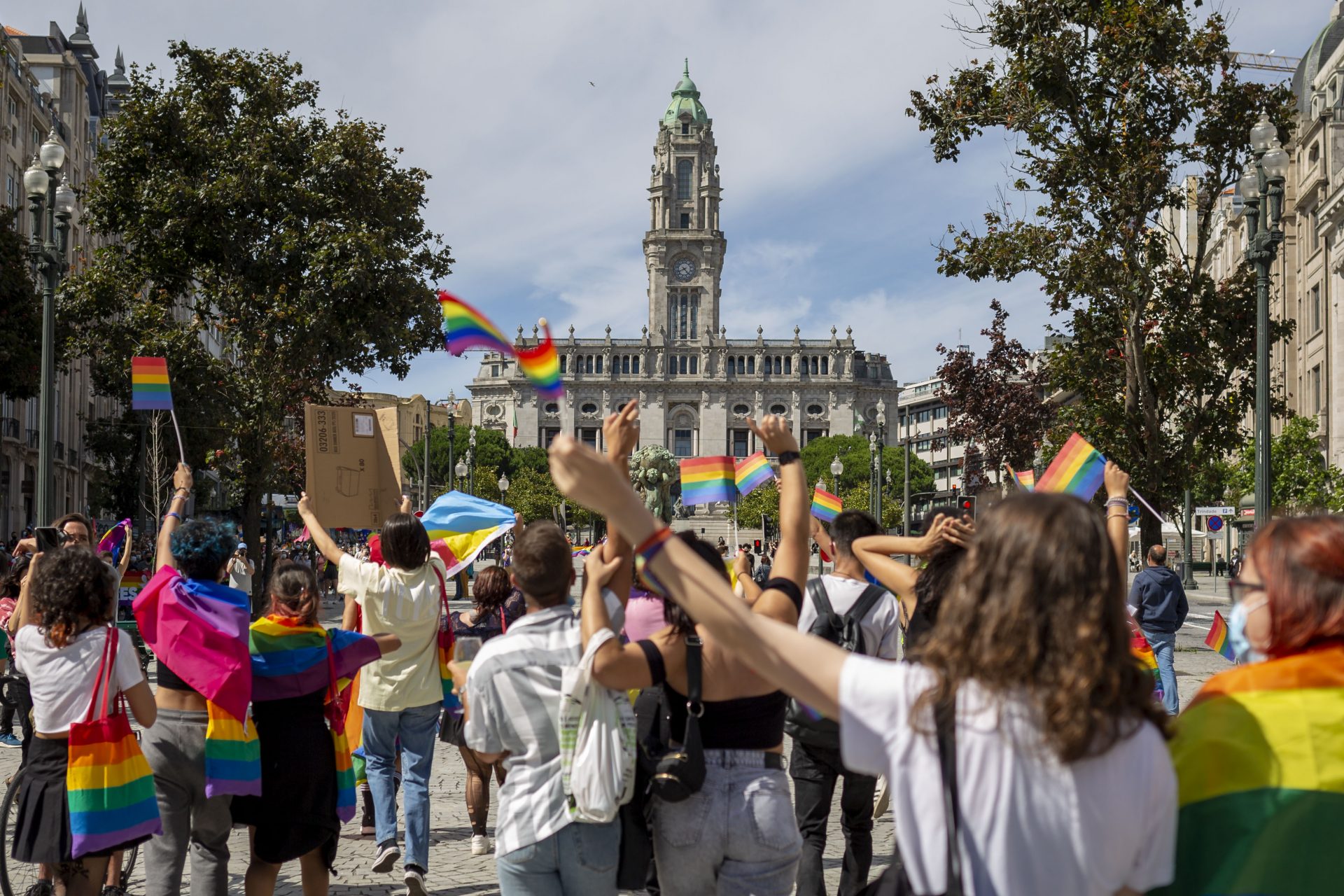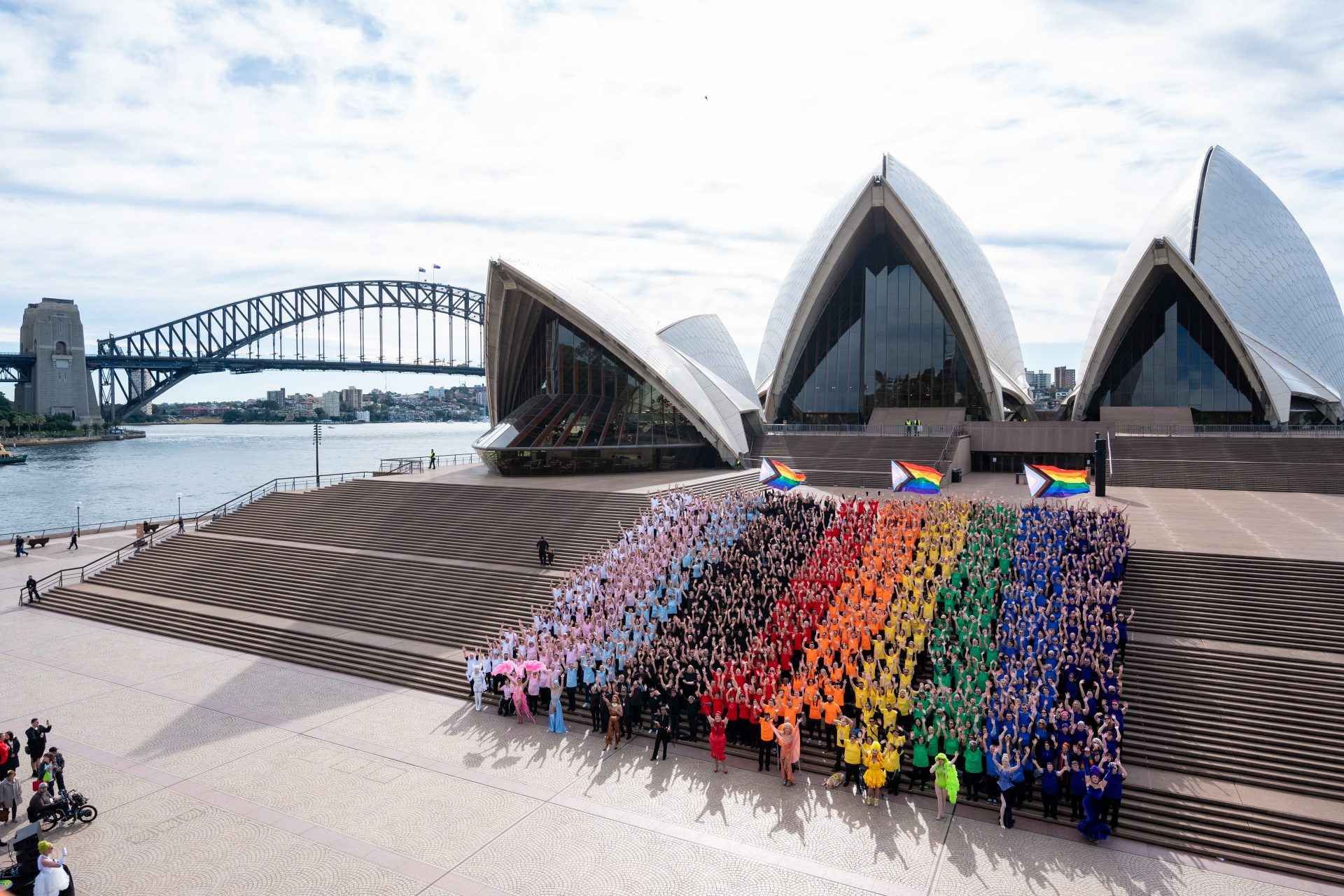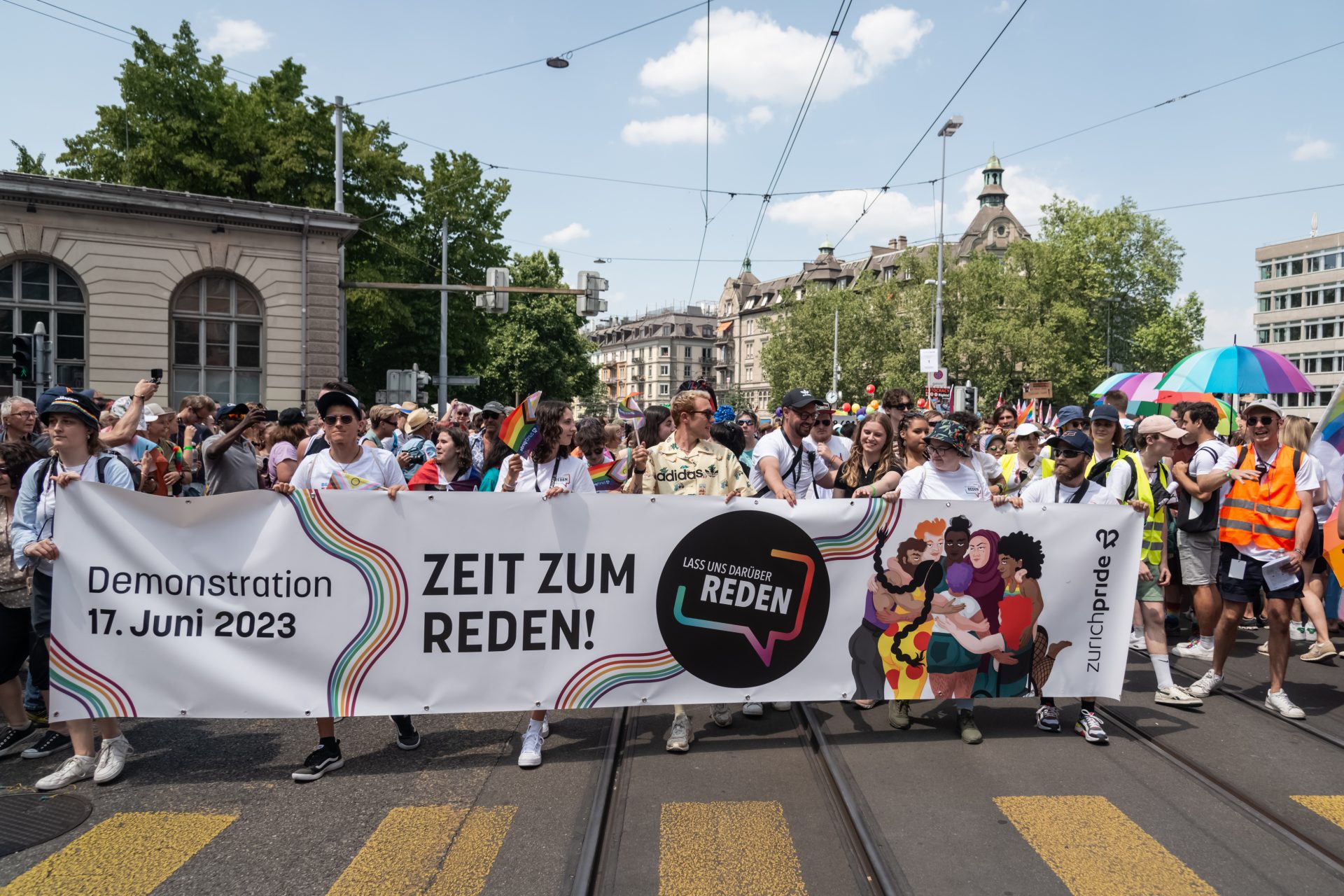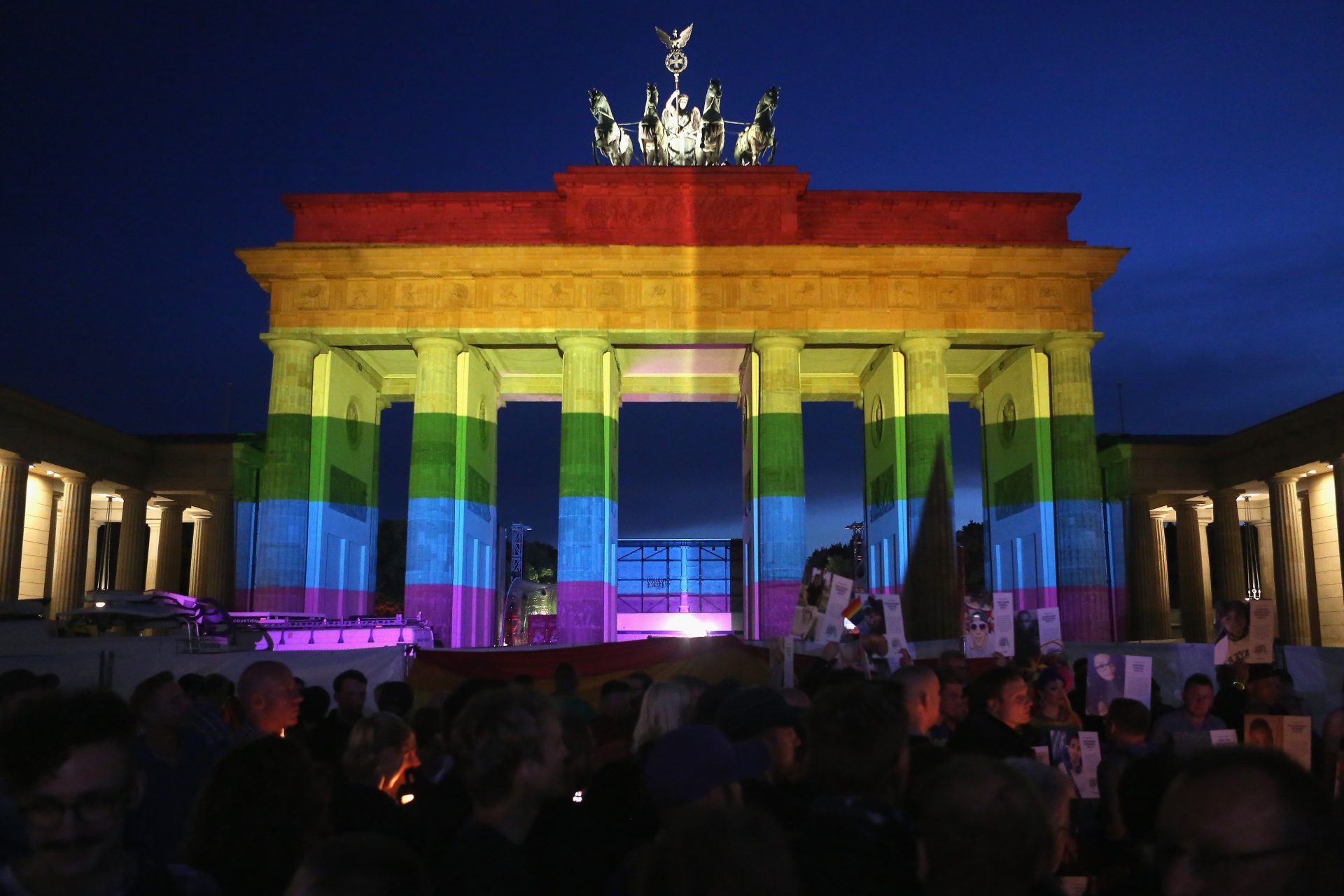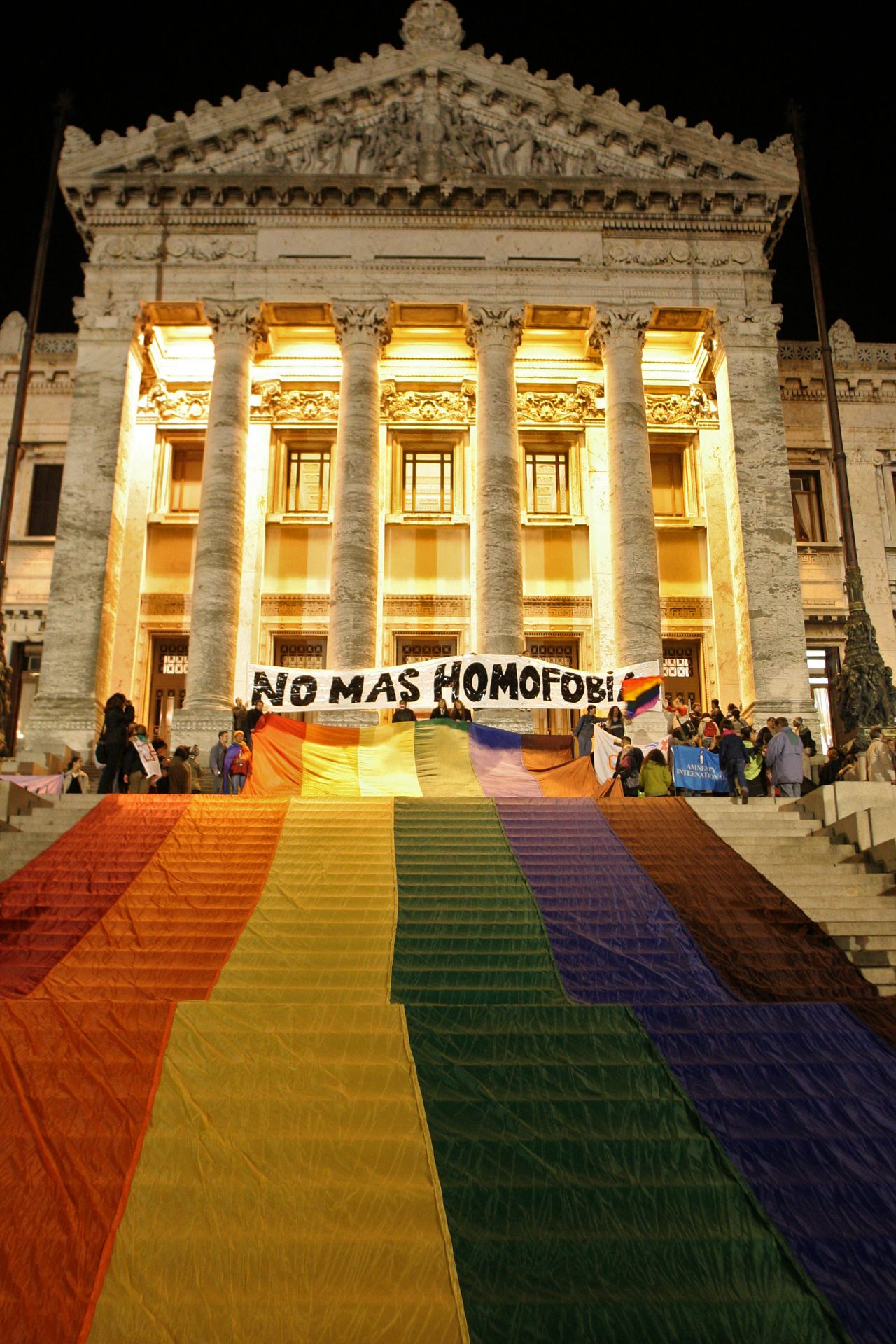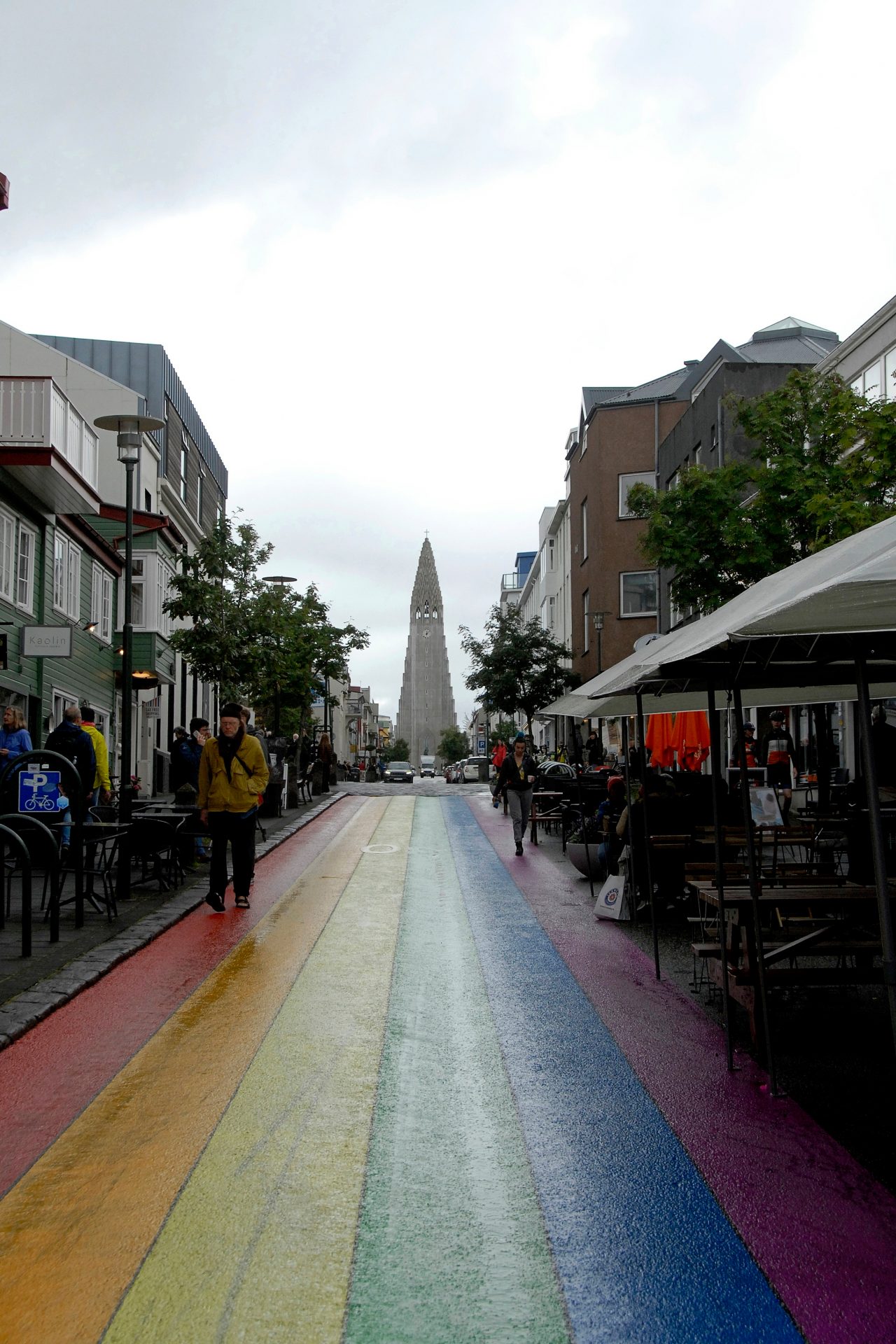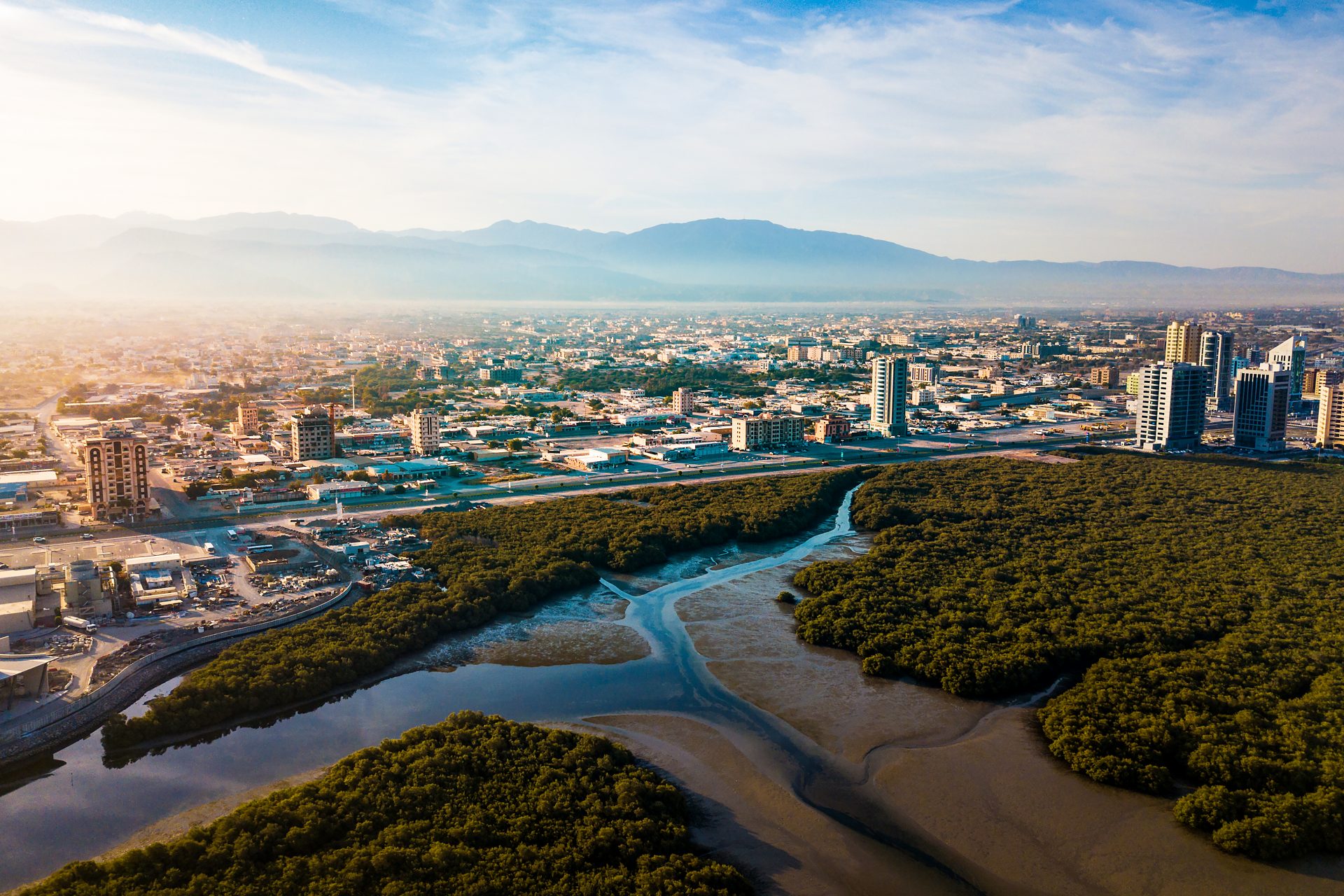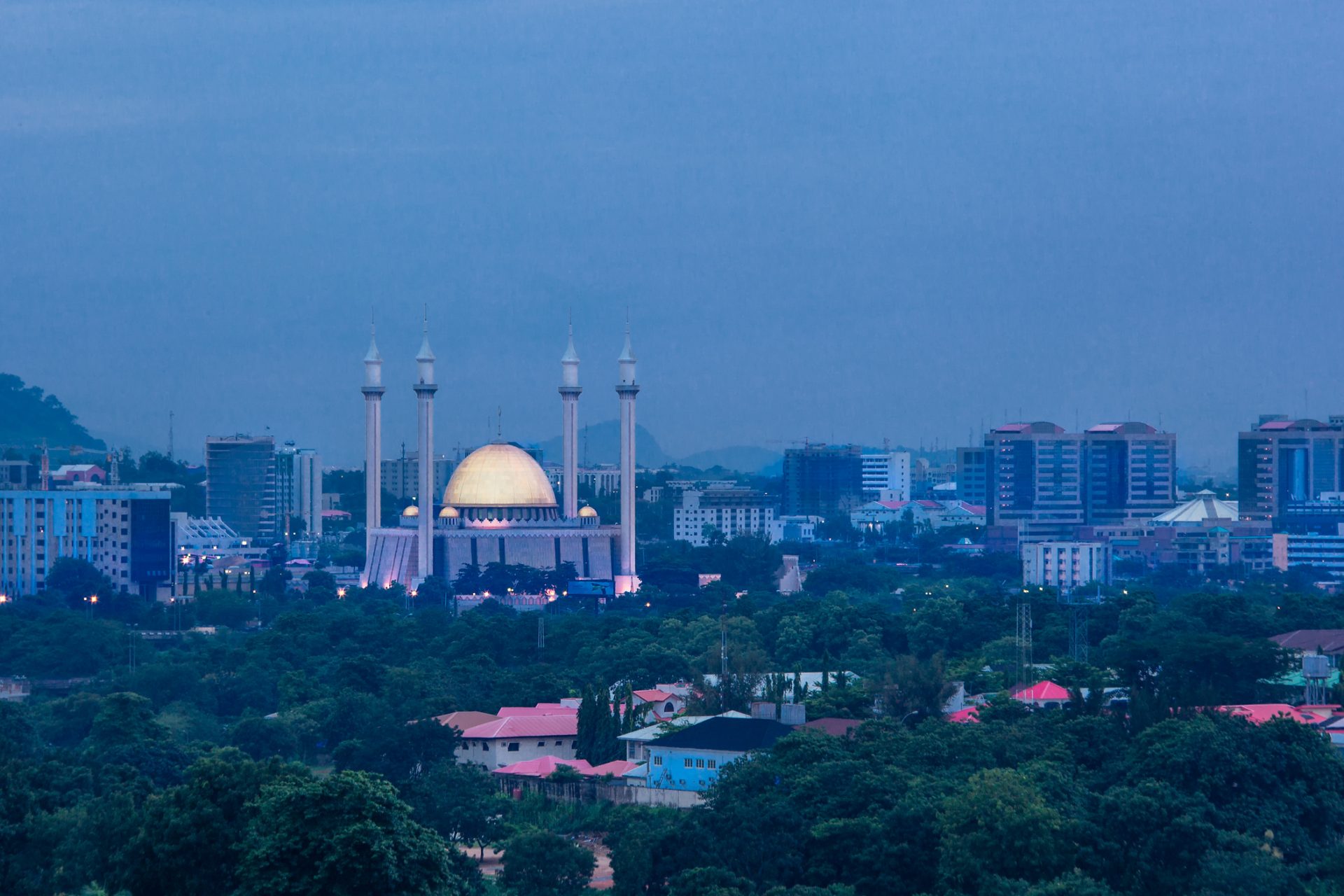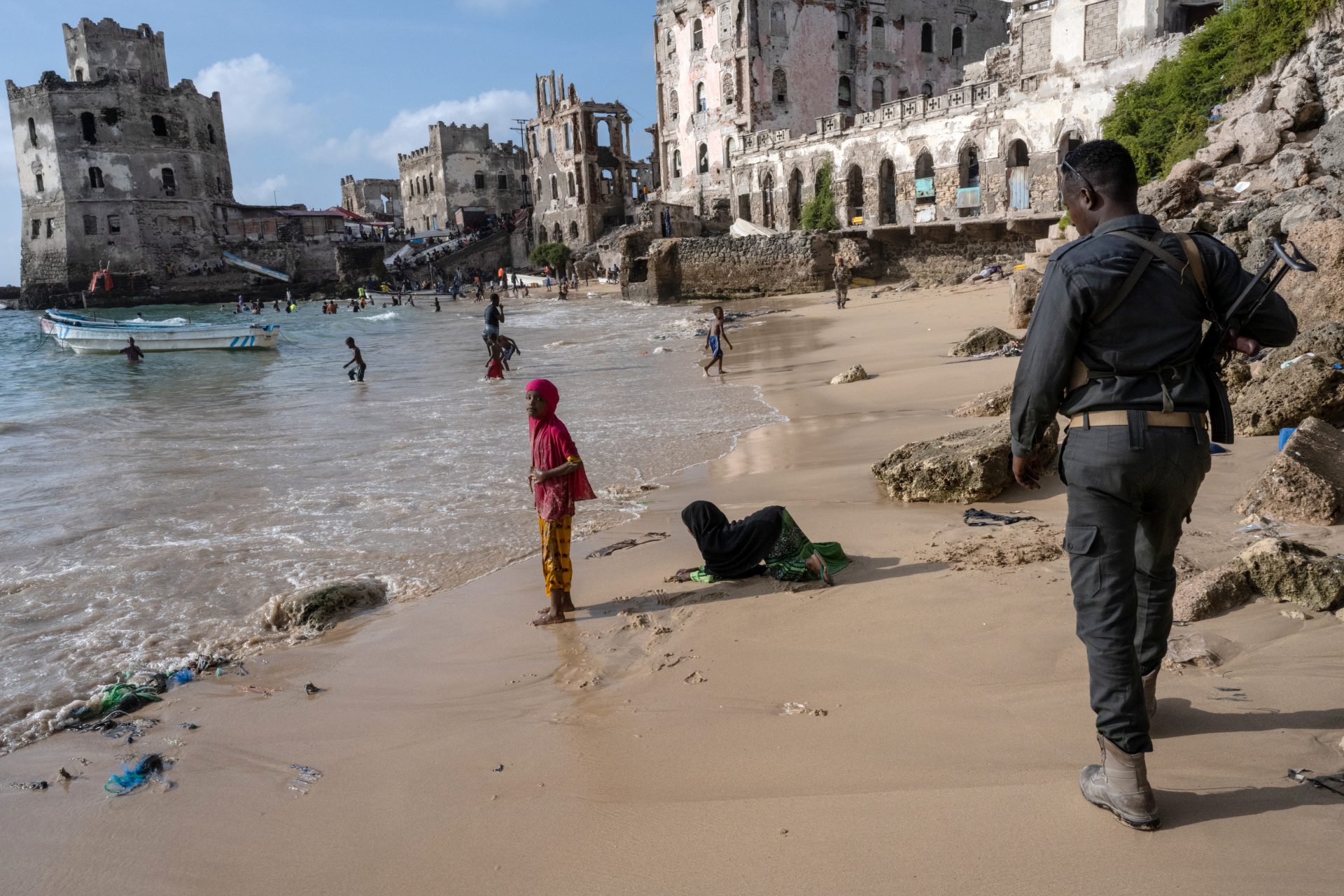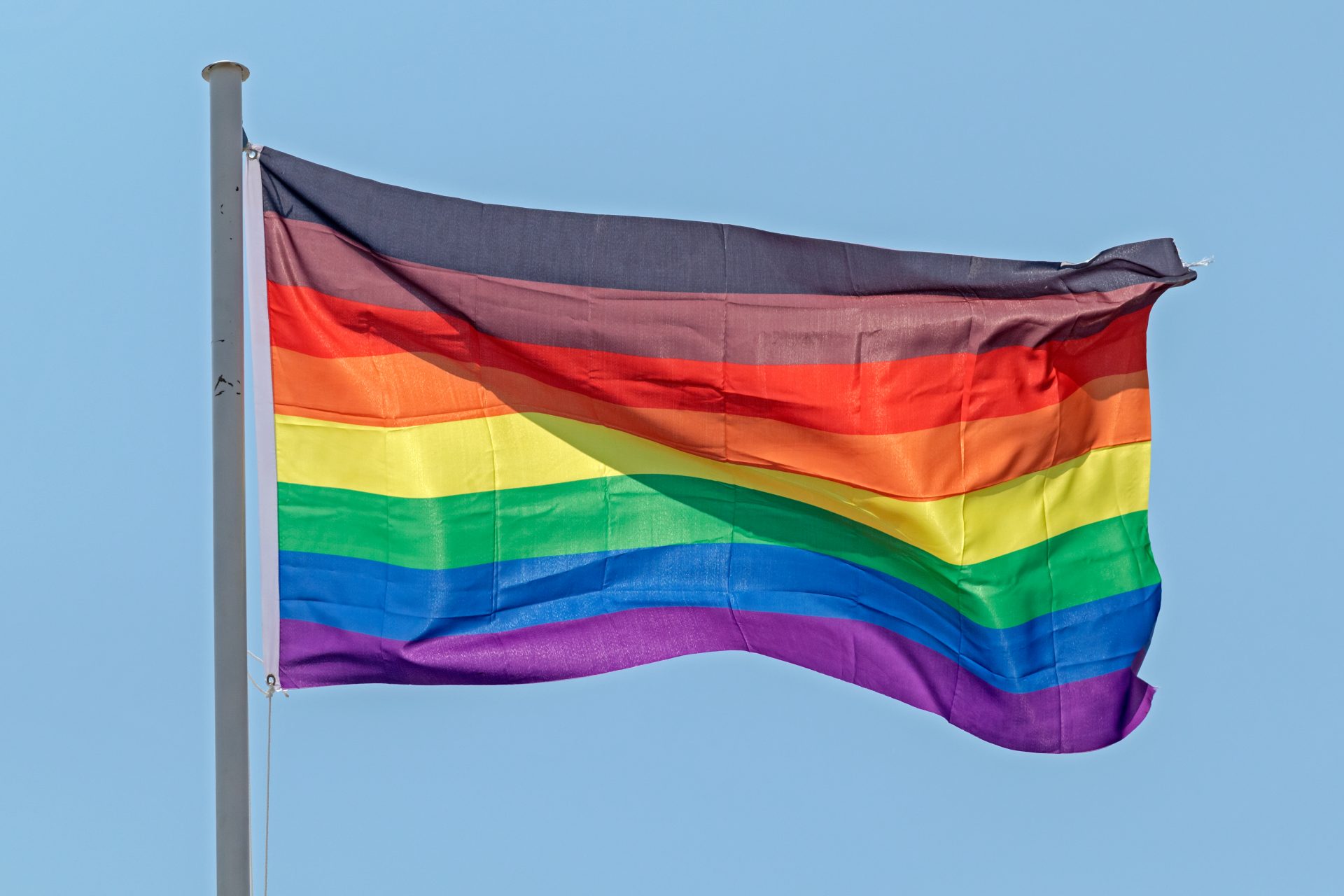Vacation time: the 12 best and 12 worst destinations for LGBTQ travelers
It's summer in the northern hemisphere and many people are planning their holidays. For those in the LGBTQ+ community, some countries may be more attractive than others. Read further!
For over a decade, the Spartacus International Gay Guide has published an index of the most and least LGBTQ-friendly countries in the world. The list includes 213 countries and tests various criteria every year to ensure that LGBTQ tourists can pick a safe place to go on vacation.
The index takes into account 18 criteria ranging from laws regarding same-sex marriage, anti-discrimination, guarantees of human rights, the death penalty for homosexual people (yes, this still happens in some countries), the influence of religion in a state, and the public and political opinions on conversion therapy and Pride celebrations.
After weighing all the criteria, countries get a score from zero to twelve, with the latter being the best mark. Countries are color-coded from deep green (recommended countries) to red (not recommended to visit if you belong to the LGBTQ community).
Let's start by highlighting the countries where LGBTQ travelers can feel relatively safe. Of course, bigotry exists everywhere, but according to the Spartacus Travel Index, in these countries the risk of getting in trouble as a gay couple is lower than in most others.
Canada is deep green, scoring 12 points in the index. Until 1969, intimacy between people of the same sex was punishable by law. Prime Minister Trudeau formally apologized for that in 2017. "We were wrong," he said, "I am sorry. We are sorry." Now, Canada is among the five countries with the highest score in the Spartacus Travel Index.
Malta also obtained 12 points. The country's indices for hate crimes, religious influence, death penalty or hostility among the population are consistently 0.
New Zealand is another place with the most advanced LGBTQ rights. Same-sex marriage and adoption by same-sex couples is legal there, for example. In the picture, we see former Prime Minister Jacinda Ardern as the first New Zealand PM to walk in the Pride Parade in February 2018.
Back to the European continent, where three of the top-five countries have a perfect score. Portugal is one of them, thanks to its anti-discrimination laws and the legality of same-sex marriage and adoption. And while travelers may not be getting married there, it's also good to know that the index measuring the hostility of the Portuguese population towards the LGBTQ community has a score of 0.
Another European country recognized for its welcoming of the LGBTQ community is Spain. It has numerous progressive laws that protect queer and transgender people against discrimination. In addition, its yearly Gay Pride in July is famous among locals and international guests. Make sure to book a hotel on time and bring your 'abanico' (handheld fan) because it will be hot!
Australia scored 11 points in the ranking. It has no laws limiting the rights of same-sex couples, nor any censorship for the LGBTQ community. Yet, it doesn't score a perfect 12 because it requires people who want to become permanent residents to do an HIV test. If it's positive, the government assesses if the newcomer's health expenses will not be too high for its society to bear. However, apart from the health factor, Australia scores a good 11 in the Spartacus Travel Index.
This European country also scores 11 points in the ranking. It has laws to protect gay rights and enable same-sex marriage and parenting. A little '-1' comes with its score for acknowledgement of 'intersex / 3rd gender' people. Still, with 11 points it is one of the seven best countries in the world for gay people to travel to!
With World War II as a gruesome exception, German society and government have generally accepted and welcomed people from the LGBTQ community. Present-day Germany is recognized for being one of the most gay-friendly places in the world. Its score of 10 in the ranking proves it.
Another country with a score of 10 in the Spartacus Travel Index. Uruguay is the first Latin American country to enter the ranking. Its high score reflects its anti-discrimination laws, pro-transgender laws, the possibility of marriage and adoption, as well as the measurement of minimal hostility from the population towards the LGBTQ community.
We close the list of the highest-ranking countries with a trio in the north of Europe that also got 10 points. In Iceland, we see the first rainbow street in the world in this photo. Norwegians are equally liberal when it comes to gender identity and sexuality, scoring a 10 like their neighbors. Finally, Denmark is considered a highly tolerant country, although the Spartacus Index does note that parts of its society advocate conversion therapy - aka, a therapy believed to 'cure' homosexuality.
The United States do not have the greatest score, placing 41 in the global ranking with a mere 4 points. Recent setbacks in gay rights legislation include anti-trans laws banning access to sports, restrooms or gender-affirming health care, and 'Don't Say Gay' laws prohibiting the 'promotion' of same-sex relationships.
Unfortunately, these 12 top countries are far removed from the 'red' states that are much less welcoming of same-sex couples. These are the bottom 10 in the world.
These countries score 16 points below zero. Same-sex relationships are prohibited and can lead to years of imprisonment or, in theory, the death penalty in Qatar and the Emirates. However, capital punishment has not actually been imposed on LGBTQ people in these countries.
While in the previous four countries, laws are mostly aimed against male couples, Nigeria also targets female couples and is more actively pursuing punishments for same-sex relationships than the countries with minus 16 points. Trans people can be targeted by both civil and Sharia laws. Tourism in Nigeria is not recommended for them.
A country that fell particularly hard in the ranking is Russia. Spartacus calls it "the relegated country of the year" and says that Russia "has once again significantly tightened its legislation against the LGBT+ population and compares the LGBT+ movement with extremist organizations."
This country scores specifically low for the death penalty: minus 5. The combination of a large religious presence and unstable governments make Somalian society particularly hostile towards anything that does not follow hetero norms.
Permissive legislation for same-sex relationships was never the norm in Uganda as a British colony nor as an independent country. In 2023 it introduced the Anti-Homosexuality Act, including up to 20 years in prison for "promotion of homosexuality," life imprisonment for "homosexual acts," and the death penalty for people who force intimacy onto others of the same sex.
Generally, national governments in the West discourage their citizens from traveling to Yemen. However, for gay people it is particularly prohibitive. Yemen claims not to 'have' any gay people. What's more, the mere fact of being homosexual, in consensual relationships, can lead to the death penalty. In fact, it is said that there are no gay people in Yemen. The score of Yemen was -18.
In the case of Afghanistan, the overall score is -21. Here the death penalty is applicable for same-sex relationships and the LGBTQ community has to keep its identity a secret for fear of violence or death. The religious government of this country makes it impossible to even discuss these rights.
In Chechnya, the human rights of the LGTBQ community have raised concerns worldwide. The government of this country encourages the murder of people suspected of being homosexual. Just like Afghanistan, it is not a travel destination for gay people. To learn about the situation there, it's better to watch the 2020 documentary 'Welcome to Chechnya' by David France on HBO.
Iran's score is also -21. Infamously, the Muslim government of the country killed some 7,000 gay people in 1980. Curiously, Iran is the only Islamic country in which sex reassignment surgery is allowed, The Economist reports, and it even attracts people from the West who want to undergo such surgery. However, this does not make it a safe destination for LGBTQ vacations.
In Saudi Arabia, homosexuality can be punishable by death, torture, and imprisonment. The mere expression of homosexuality is illegal. However, the Saudi Tourism Authority states that all tourists are welcome, including those from the LGBTQ community, as long as they comply with the rules. This means: don't show you're gay in any way.
The Spartacus Gay Travel Index is an important reference for people from the LGBTQ community who like to explore the world. However, the safety and welfare of people from all orientations and walks of life should not be an issue when traveling. Therefore, the UN and many international NGOs are trying to achieve that, in the future, indexes like this one will not even need to exist.


